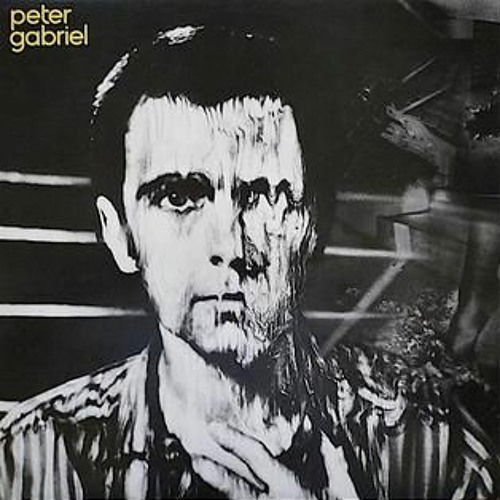Song Stories: Peter Gabriel: Games Without Frontiers.
By 1980 Peter Gabriel had firmly left Genesis behind. He had moved firmly away from his progressive rock days.
When he released "Games Without Frontiers" in 1980, he did more than deliver a catchy and mysterious track; he unveiled a bold, dark satire of the political gamesmanship that defined the Cold War era. This art-rock masterpiece is a complex blend of dreamlike surrealism and biting social commentary, revealing Gabriel’s ever-expanding genius as a solo artist
The song's title, "Games Without Frontiers", references a European TV game show called "Jeux Sans Frontières" (French for "Games Without Borders"), where teams from different countries competed in absurd, often silly challenges. Gabriel deftly uses it as a metaphor for the far more dangerous and petty games played by global powers on the world stage.
Gabriel’s lyrics draw sharp parallels between the ridiculous antics of these game shows and the very real, very dangerous power struggles between nations. The innocence of games becomes corrupted by the militaristic posturing of global superpowers, where pride and nationalism fuel dangerous brinkmanship.

It was the first but not the last time Gabriel would collaborate to great effect with Kate Bush. Her voice lingers like a ghost, softly whispering the French phrase “jeux sans frontières”, creating a haunting contrast to the harder-edged music. The playful intonation contrasts with the heavier theme of Gabriel’s lyrics, underlining the absurdity of how wars and politics are often treated like competitions, as if they were “games without frontiers.”
Gabriel’s lyrics unfold like a children’s rhyme, but with a sinister undercurrent. He names several childlike characters—Hans, Lottie, Enrico, and more—who play out small dramas. But these “children” are stand-ins for nations, each engaged in their own turf wars, mirroring the political landscape of the time. Hans and Lottie (perhaps symbolizing Germany), Suki and Leo (potentially referring to Japan and Russia), each fight over trivial things like who can hide or play the best. The absurdity of their squabbles echoes the Cold War tensions between superpowers, where ideological conflicts often reduced human lives to mere pawns in a geopolitical chess game.
The music itself, with its sparse, militaristic drums (played by Genesis drummer Phil Collins) and electronic textures, enhances the song’s ominous tone. It’s not an aggressive track, but it carries a tension, a feeling of something simmering beneath the surface.
Gabriel’s use of surrealism, satire, and art-rock helped transform a catchy, radio-friendly song into a layered critique of world affairs. He managed to tackle some hard hitting themes in such a clever well layered pop song. A song that still resonates all these years later. This was one of the key songs in Gabriel's solo career, becoming a fan favourite and live staple.
It also set him up to collaborate with Kate Bush again in the future. Most famously on the 1986 song 'Don't Give Up'.
One of the very best and most important songs of the 1980s.
Thank you for reading x